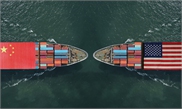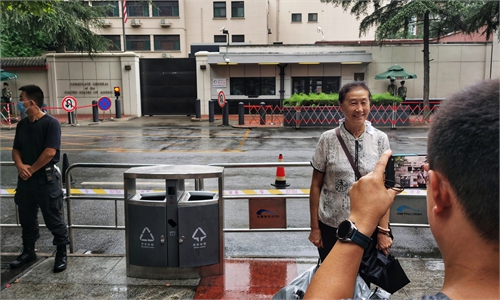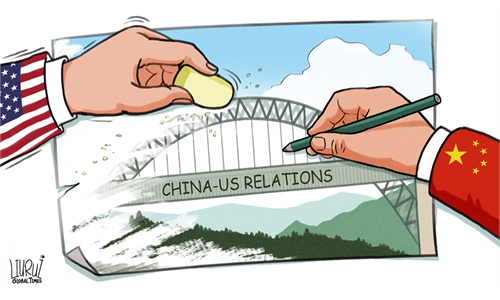China-US ties in ‘extreme danger’ in next 3 months
‘Focusing on development’ key for China to handle US pressure
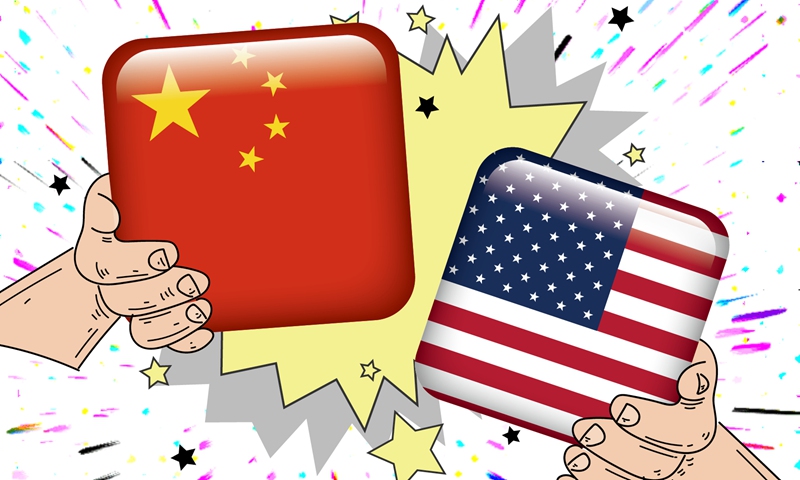
China US Photo:Global Times
While the world is still fighting a tough battle against the COVID-19 pandemic, the US is trying to launch a new cold war against China by making a series of provocations, such as forcing China to close its consulate in Houston and making aggressive speeches targeting China, even though such hegemonic and irresponsible moves are criticized by not only China but also international scholars, who say the US' aggressive attitude is threatening world peace.
Chinese analysts said Sunday the key for China to handle the US offensive is to focus on its own development and insist on continued reform and opening-up to meet the increasing needs of Chinese people for better lives. In the upcoming three months, before the November US presidential election, the China-US relationship is in extreme danger as the Trump administration is likely to launch more aggressions to force China to retaliate, they said.
The US' posturing is serving to distract from domestic pressure over President Trump's failure in handling the pandemic when Trump is seeking reelection this year, Chinese observers said. However, the Trump administration's China stance still reflects bipartisan consensus among US elites, so China should not expect significant change in US policy toward China even if there is a power transition in November, which means China should prepare itself for a long fight.
New cold war doomed to fail
According to the Xinhua News Agency on Saturday, international scholars said at a virtual meeting on the international campaign against a new cold war on China on Saturday that "aggressive statements and actions by the US government toward China poses a threat to world peace and a potential new cold war on China goes against the interests of humanity."
The meeting gathered experts from a number of countries including the US, China, Britain, India, Russia and Canada.
Experts attending the meeting issued a statement calling upon the US to step back from this threat of a cold war and also from other dangerous threats to world peace it is engaged in.
The reason why international scholars are criticizing the US rather than China is that they can see how restrained China remains and the sincerity of China to settle the tension by dialogue, even though the US is getting unreasonably aggressive, said Chinese experts.
Washington has made a huge mistake as it has chosen the wrong target - China - to be "the common enemy or common fear" to reshape its declining leadership among the West. Right now, the common enemy of humanity is COVID-19, and this is why its new cold war declaration received almost no positive responses from other major powers and even raised concern, said Lü Xiang, a research fellow at the Chinese Academy of Social Sciences in Beijing, on Sunday.
Shen Yi, a professor at the School of International Relations and Public Affairs of Fudan University, told the Global Times on Sunday that there is wide consensus among the international community that the COVID-19 pandemic is the most urgent challenge that the world should deal with. Whether on domestic epidemic control or international cooperation, the US has done almost nothing right compared to China's efforts to assist others and its successful control measures for domestic outbreaks.
In response to US Secretary of State Mike Pompeo's "new Iron Curtain speech" at the Richard Nixon Presidential Library on Thursday declaring a new cold war against China, Shen said, "We can also ask 'is Pompeo an ally of coronavirus?' Because he wants to confuse the world to target the wrong enemy amid the tough fight against the pandemic, so that the virus can kill more people, especially US people, since his country is in the worst situation."
Shen said, "In 2018, US Vice President Mike Pence already made a speech which the media saw as a new 'Iron Curtain speech,' and in 2020, Pompeo made a similar speech again, which means their cold war idea is not popular and brings no positive responses from its allies, so they need to try time and again. Of course, they will fail again."
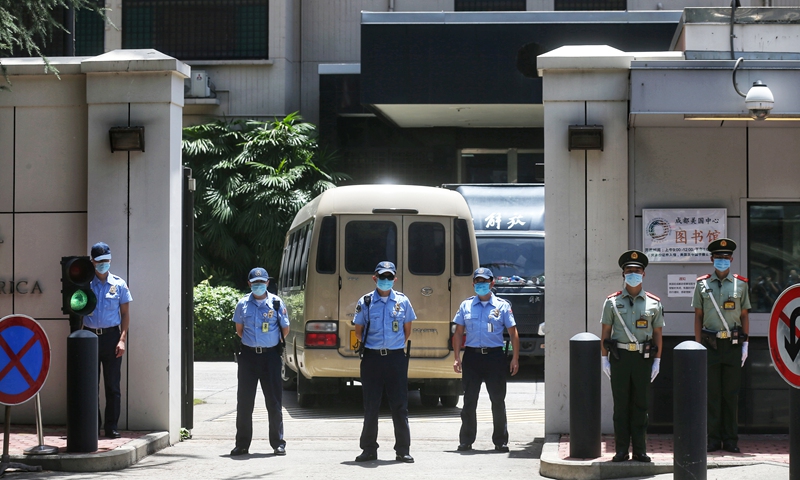
Guards at the US consulate in Chengdu tighten security check when a minibus enters the consulate. Photo: Cui Meng/GT
How to avoid escalation
Many observers said that the China-US ties, due to their current trajectory, are in a free fall, so in the three months ahead of the US presidential election, the Trump administration could launch more aggressive moves to challenge China. It will be impossible for China not to retaliate, so it is possible the conflict could escalate.
An Gang, a US studies expert at the Pangoal Institute, a Beijing-based think tank, told the Global Times that "in the next three months, we will face the toughest period as with the intensive election campaign in the US, the decision-making of the White House could be more and more unpredictable and outrageous. The bilateral ties could spiral out of control."
Apart from Pompeo, other senior US officials such as Secretary of Defense Mark Esper have fanned the flames of the worsening bilateral ties by urging US allies to join them in challenging China, CNN reported Tuesday. To what extent the election result after November could change the US attitude to China is in question.
"Remarks by Pompeo, who has a plan to run in the 2024 presidential election, and Esper, who will stay in his position at least till 2021, do not just reflect a short-term goal of serving for Trump's reelection, they, to some extent, reflect a bipartisan consensus on US policy toward China," An said.
Experts and scholars across the world are worried about the impact on world peace, as two nuclear powers that could destroy each other are getting more hostile. Chinese analysts said the key for China to avoid conflict and win the competition forced by the US is to focus on its own development and be prepared for the worst situation.
In the worst-case scenario, "a war with China" would likely become an option on the table for the White House, whether for Trump or Biden if the US finds that most of the US dollars that it put into the market to boost liquidity and economic recovery have flowed to China and other emerging economies, or the internationalization of the yuan has effectively damaged the hegemony of US dollar, Lü said.
To what extent the US will decide to choose a war depends on a US assessment of its own power and China's preparation to deter the US, he remarked, noting that China needs to be prepared for the worst, as "for both sides, everything is possible, but nothing is easy."
Shen said the reason why US politicians are getting nervous and frustrated over the Communist Party of China's (CPC) leadership of China is that they found the CPC's leadership is the key reason for China's fast development, which creates the most serious pushback for the US' hegemony.
"So if we want to win this competition that was forced by the US, we must focus on our own development and not get distracted. The US is not afraid of a cold war with us, it is afraid of our development," he said.

